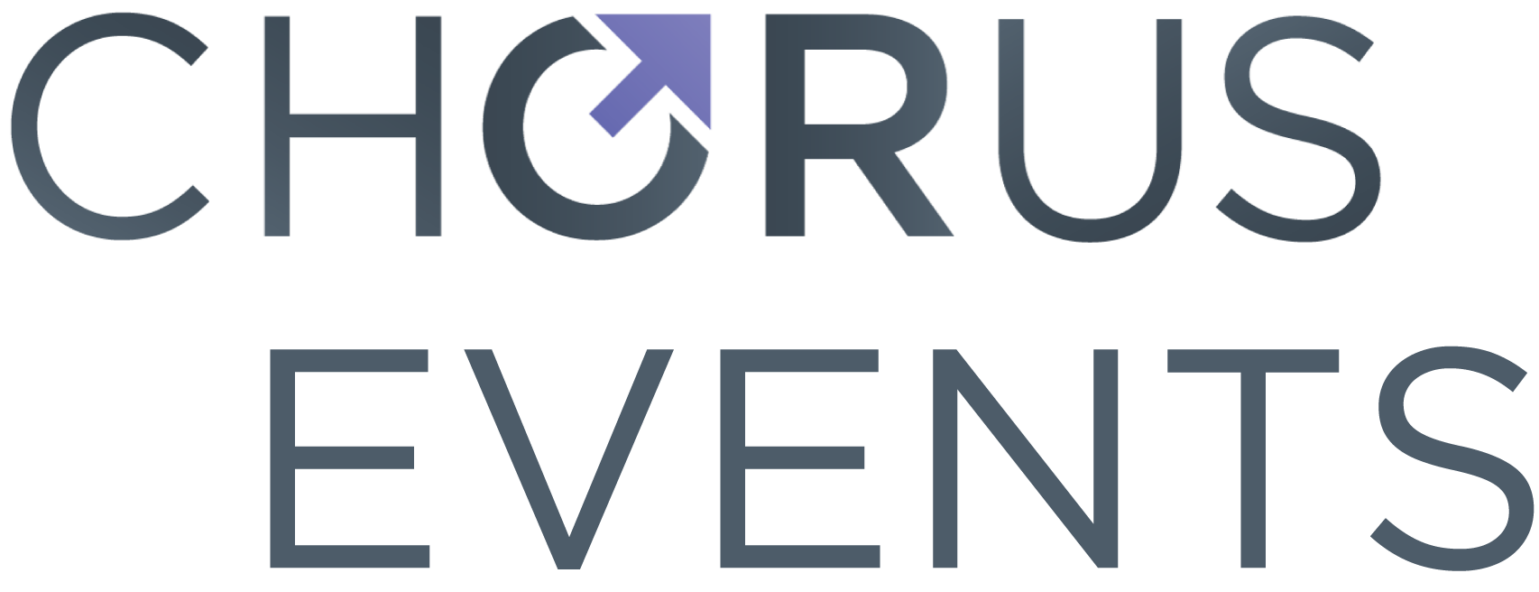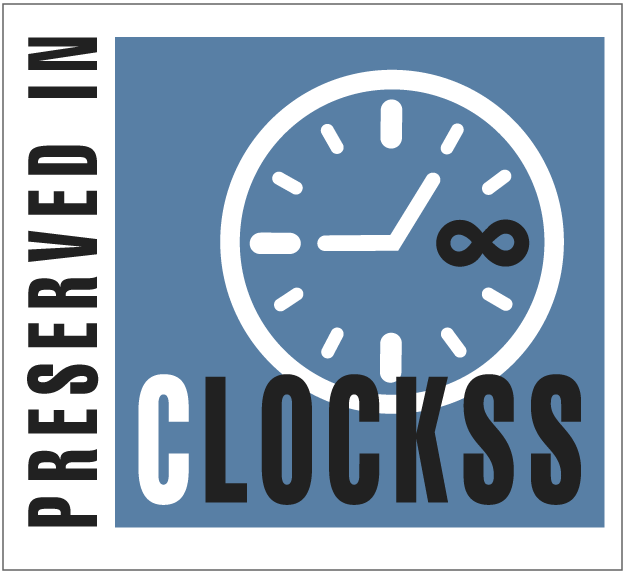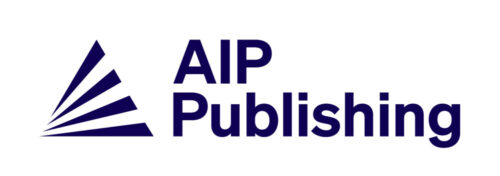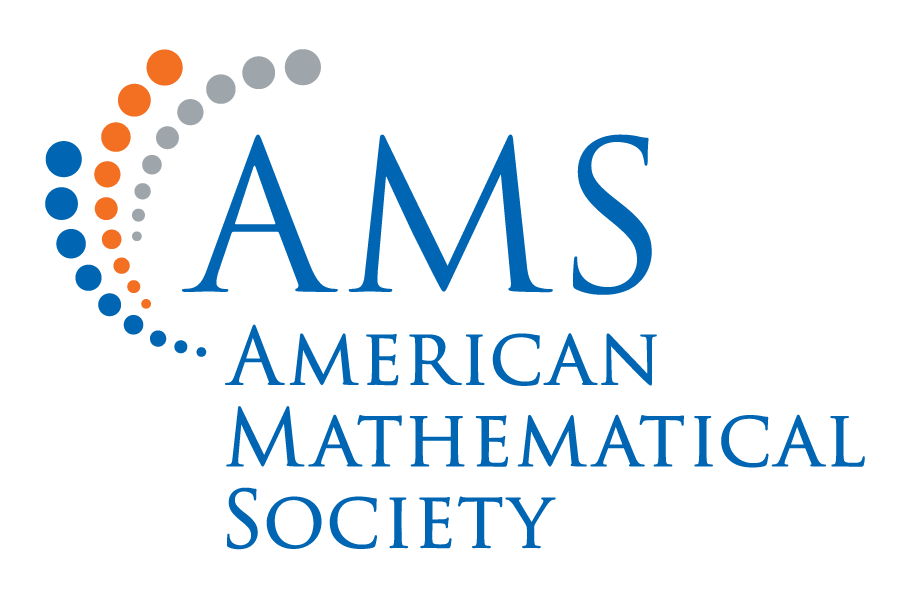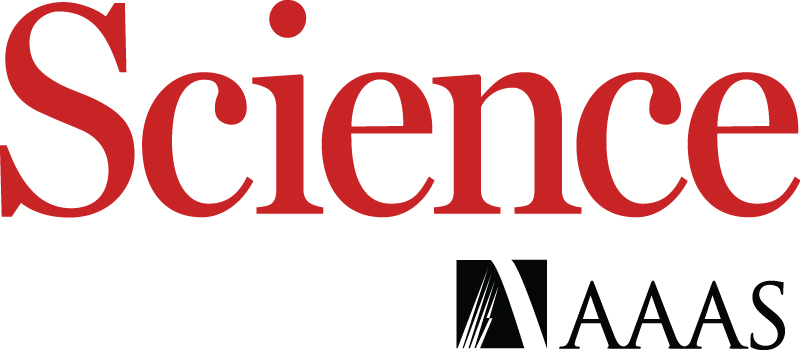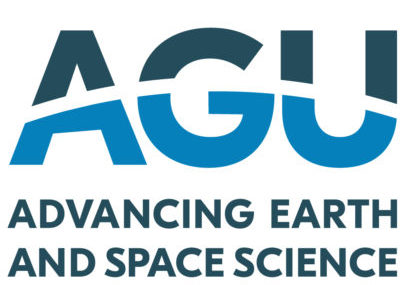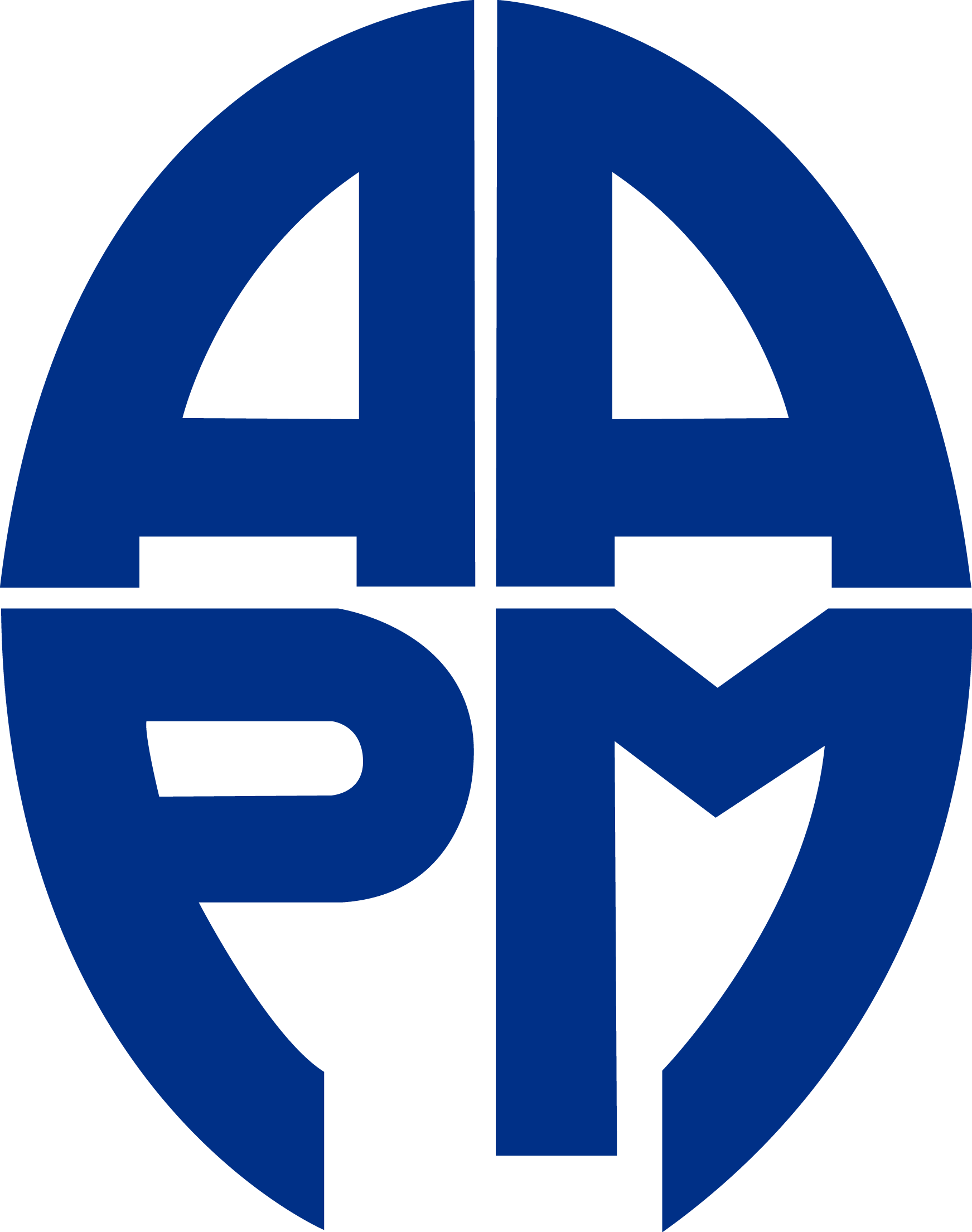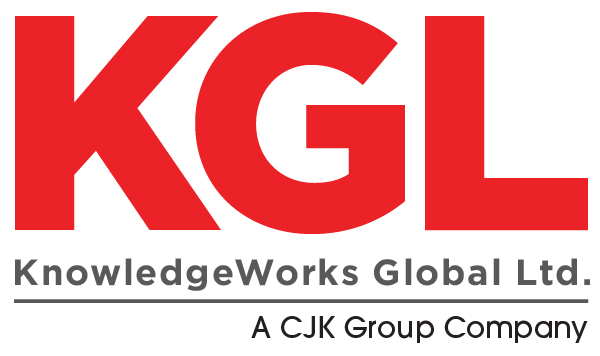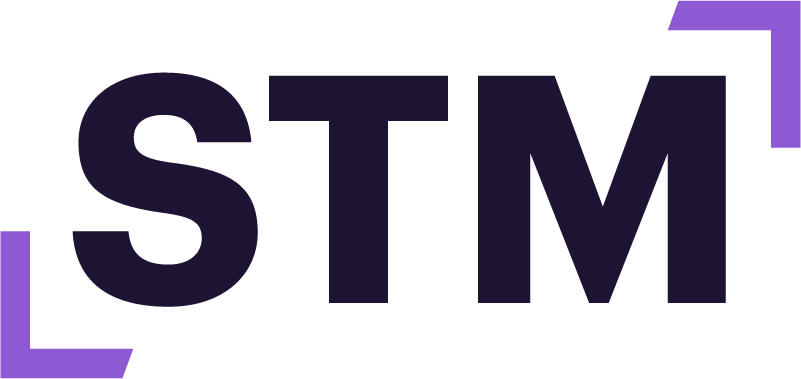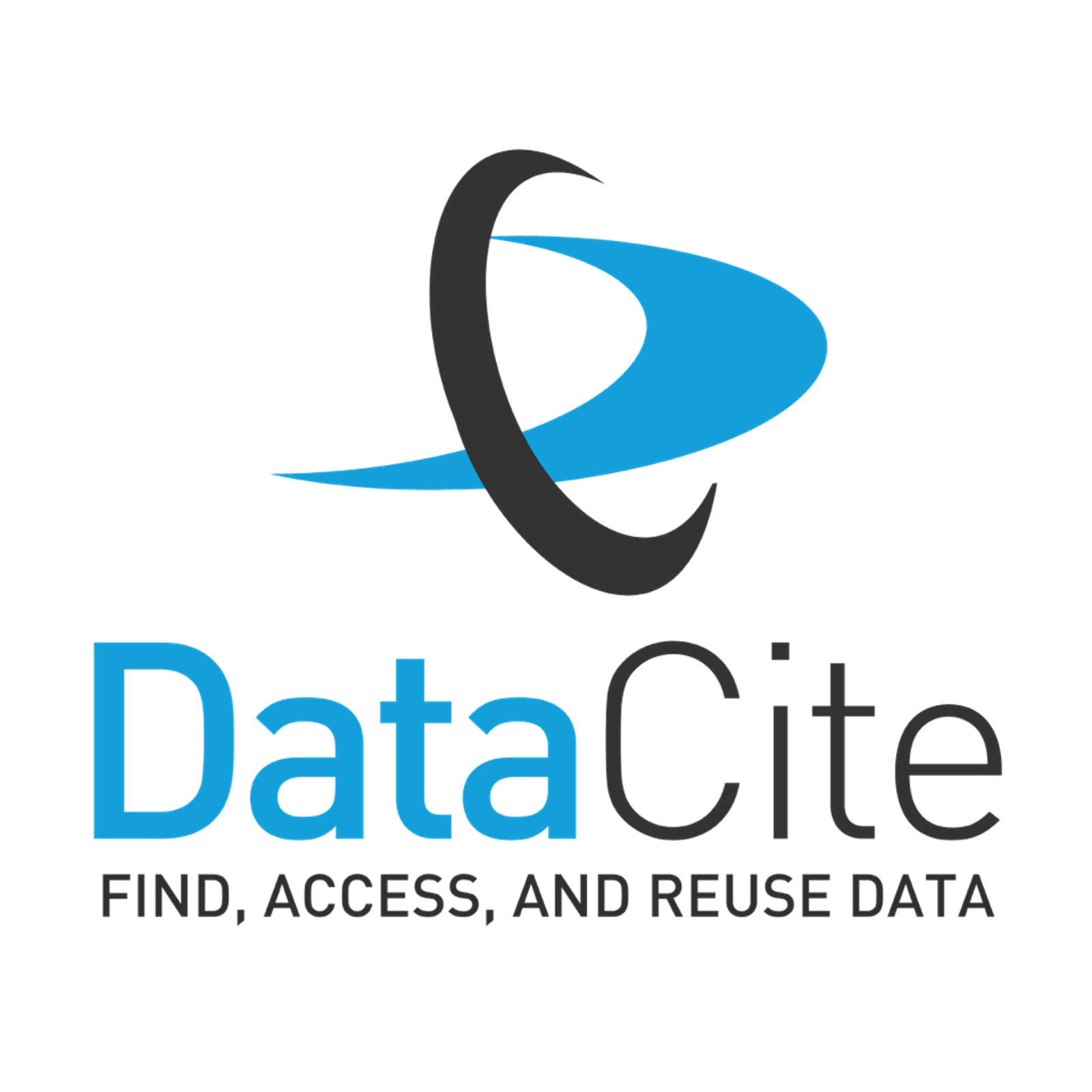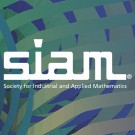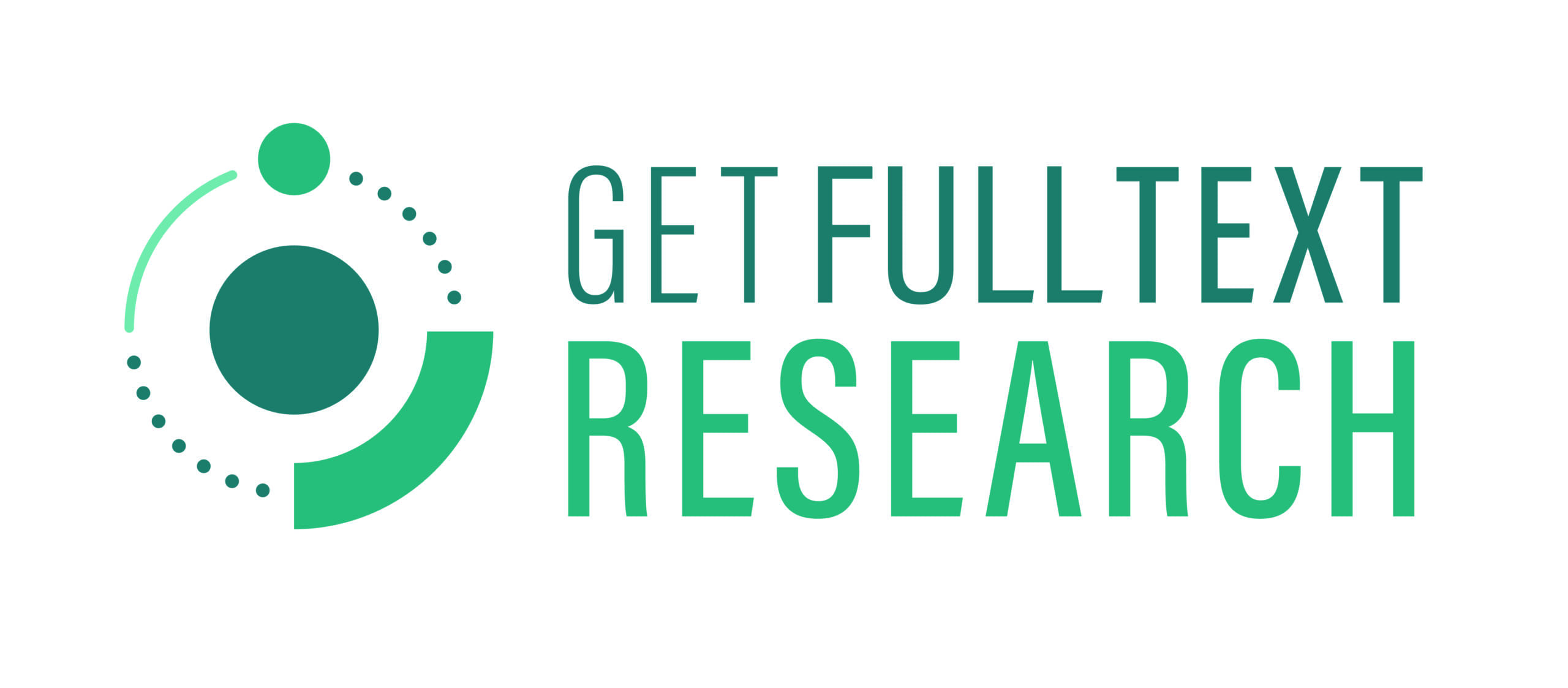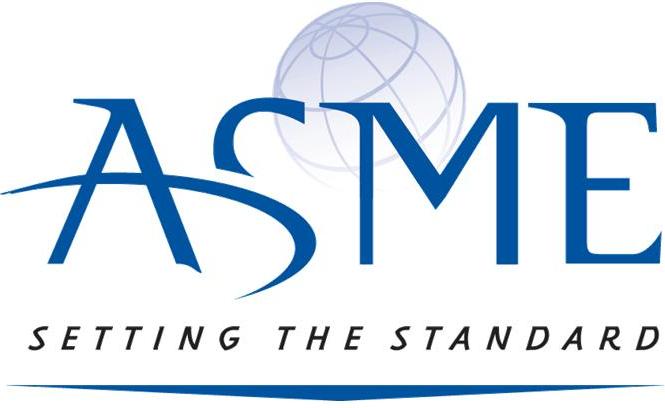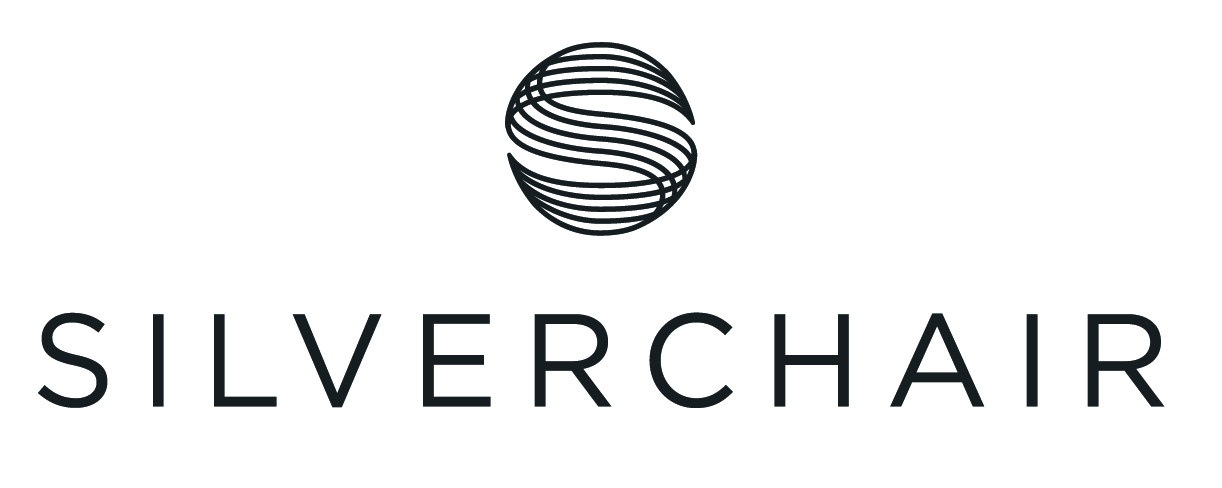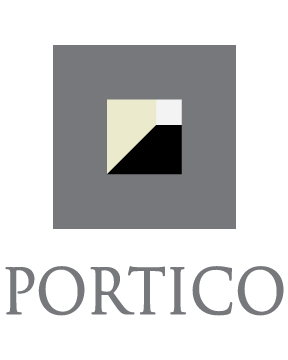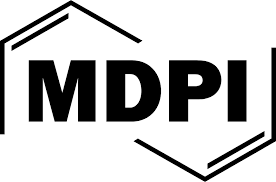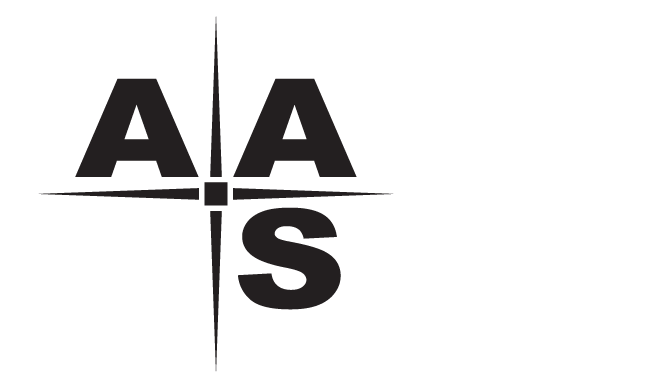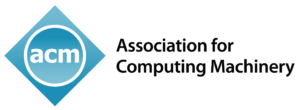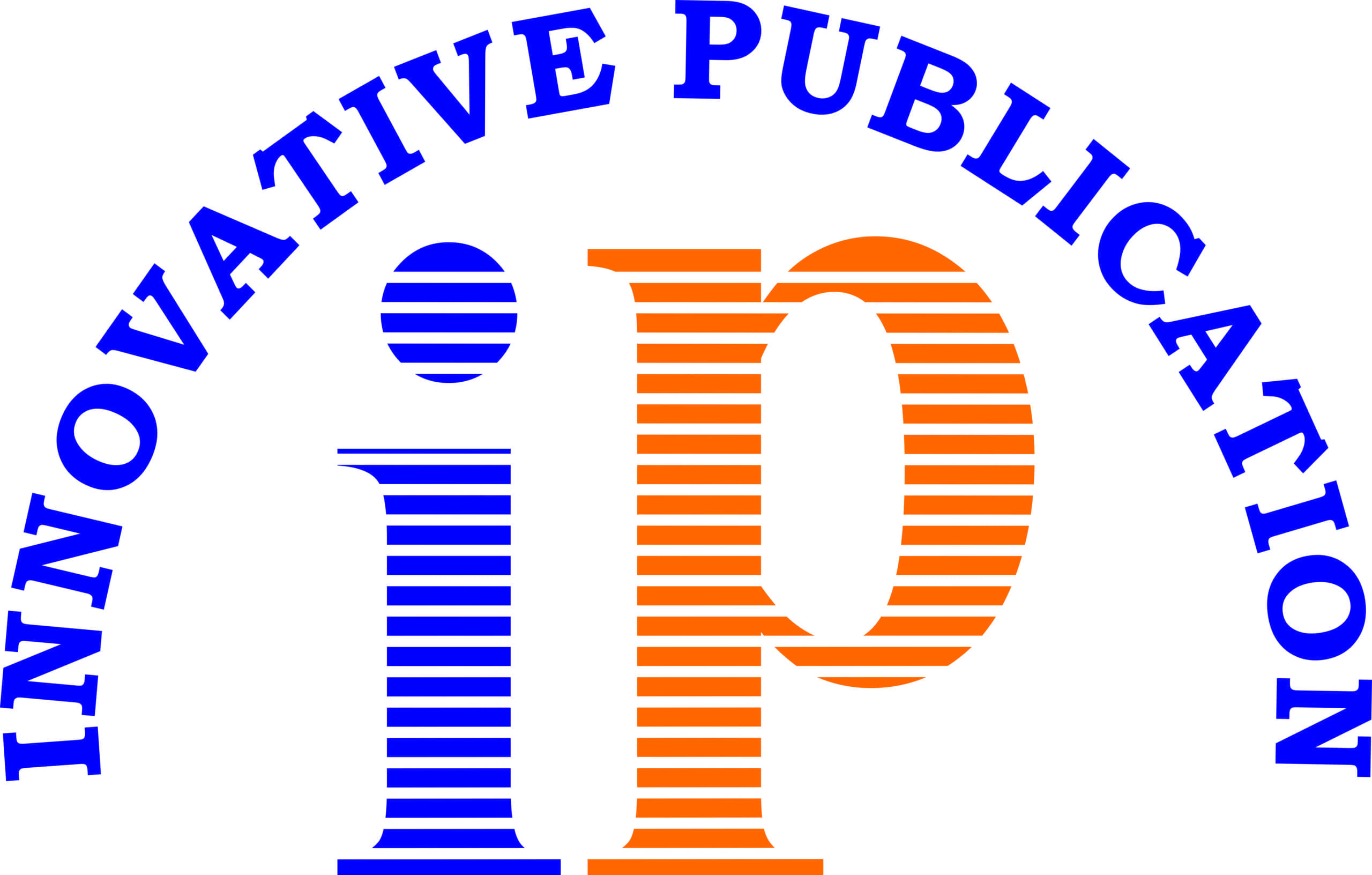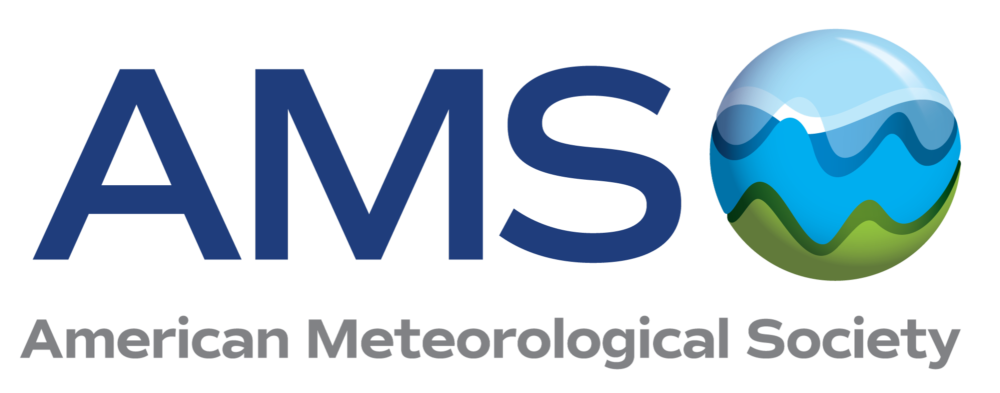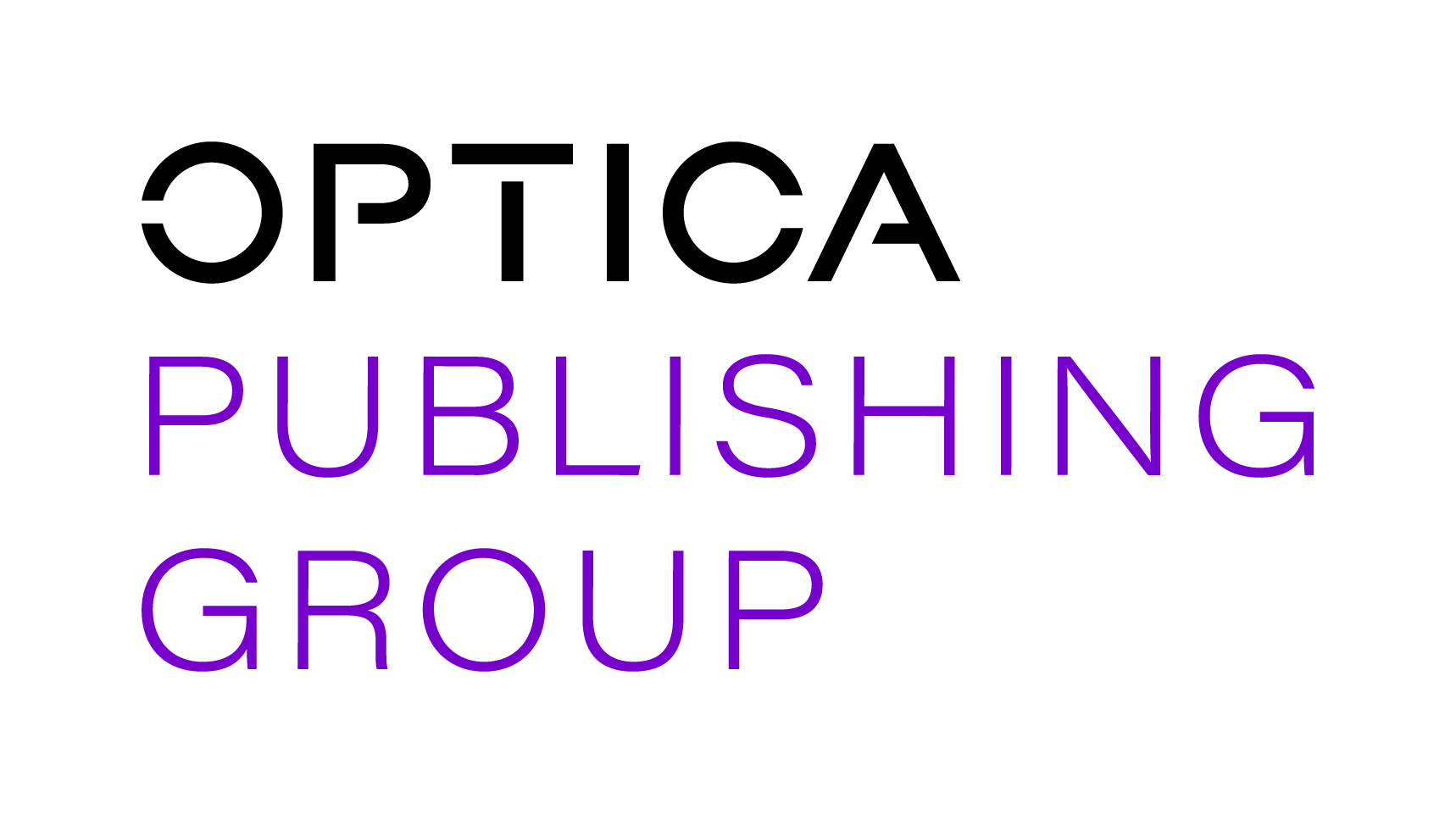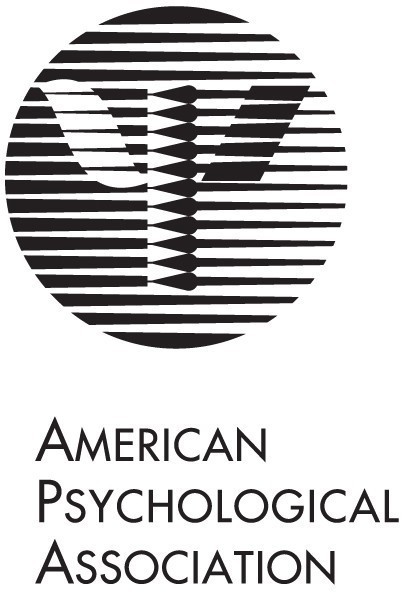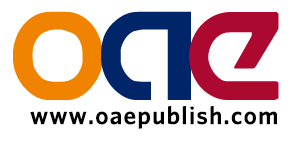The workshop discussed the Research Data Framework (RDaF) developed by NIST and emphasized its role in enhancing researchdata management. The RDaF is divided into six life cycle stages, and aims to improve data quality, transparency, and risk management. Implementation examples included the Digital Research Alliance of Canada and SUNY, which used the RDaF to assess and improve their data management practices.
The workshop highlighted the need for executive support, stakeholder collaboration, and the importance of metadata and data preservation. Participants shared challenges, such as data preservation policies and the need for simplified tools for researchers.
Robert Hanisch introduced the agenda and speakers for the webinar and provided an overview of the RDaF, navigation and implementation examples. Andrea Medina Smith and Eva Campo were introduced as key contributors to the RDaF product and Catherine Stollar Peters as an implementer of RDaF. The RDaF was described as a dynamic guide for research data management, helping stakeholders understand best practices and risks associated with data management. The RDaF is not a standard but a consensus document based on inputs from various stakeholders, aiming to provide a starting point for research data management.
Andrea explained the structure of the RDaF as being divided into five components: the framework foundation, life cycle stages,methodology, generic profiles, and key organizations. The life cycle stages include Envision, Plan,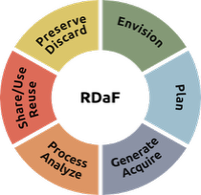 Collect, Process, Analyze, Share, Reuse, and Preserve/Discard. The methodology included stakeholder input from workshops and an RFI, overarching themes, and generic profiles based on general roles. The RDaF history started mid-2019 with the establishment of the steering committee and the release of three different versions of the RDaF and is intended to be a resource for understanding the costs, benefits, and risks associated with research data management.
Collect, Process, Analyze, Share, Reuse, and Preserve/Discard. The methodology included stakeholder input from workshops and an RFI, overarching themes, and generic profiles based on general roles. The RDaF history started mid-2019 with the establishment of the steering committee and the release of three different versions of the RDaF and is intended to be a resource for understanding the costs, benefits, and risks associated with research data management.
Andrea also shared two implementation examples: the Digital Research Alliance of Canada and the University of West Virginia. The Digital Research Alliance of Canada used the RDaF 1.0 to assess their progress and created scorecards from the topics and subtopics. The University of West Virginia incorporated the RDaF into their website, creating a self-serve system for researchers to work through questions about research data management.
Catherine Stollar Peters from the State University of New York (SUNY) discussed the implementation of the RDaF at SUNY, including the creation of a research data repository and the use of the RDaF to support AI curation and data set publishing. The SUNY RDaF explorer prototype was introduced, allowing users to capture their work in each life cycle stage and export an excel spreadsheet for further analysis.
During the Q&A – Jennifer Beamer from Cal State University, San Bernardino shared her experience with an NSF grant to explore data management actions in light of the Nelson memo and emphasized the importance of creating a culture of data sharing and the need for a centralized project to manage data across the CSU system.
Seonyoung Kim from Washington University of Medicine addressed the challenges of data preservation and disposal, particularly for sensitive biomedical data, and the need for clear policies and guidelines.
The discussion highlighted the importance of executive support, stakeholder collaboration, and the need for tools and resources to support research data management.
The session concluded with a call for further collaboration and adaptation of the RDaF to institutional needs with participants being encouraged to explore the RDaF spreadsheet (https://docs.google.com/spreadsheets/d/1IEGCKBxfW2LEaL9kz76ZMPR1PwN0ZXZQ/edit?usp=sharing&ouid=105962565042950262873&rtpof=true&sd=true) which was provided by the speakers during the workshop. This spreadsheet will help you assess your or your organization’s responsibilities and influences over the various RDaF topics and subtopics.
If you have any questions or need implementation support the RDaF team can be reached at campostellaresearch@gmail.com.
AIP Publishing and STM were thanked for the continued support of CHORUS Events. The recording and presentation can be found on the event page.
